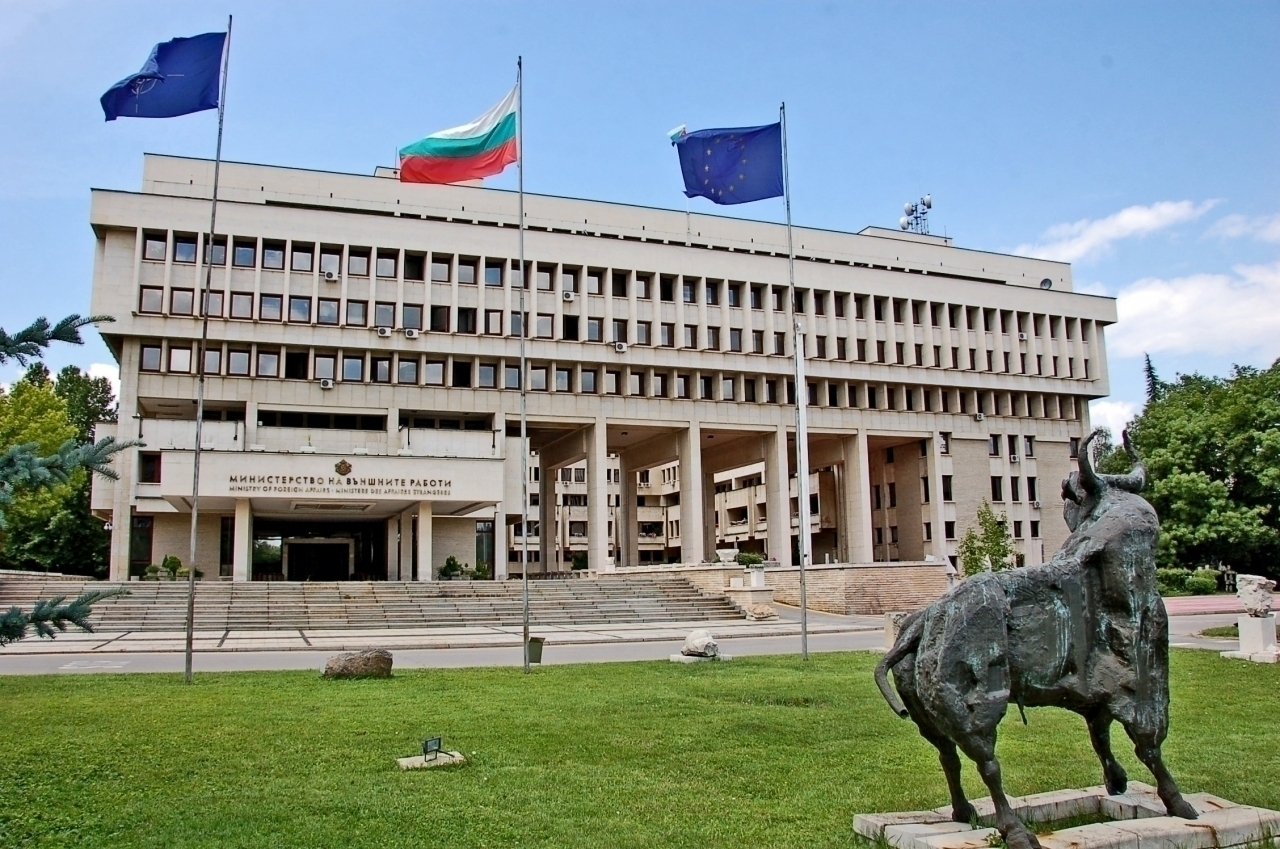The Council of Ministers of the Republic of Bulgaria adopted a Decision on the suspension of the Treaty on Conventional Armed Forces in Europe (CFE Treaty) for the Republic of Bulgaria
07 November 2023 News
The Council of Ministers of the Republic of Bulgaria adopted a Decision on the suspension of the Treaty on Conventional Armed Forces in Europe (CFE Treaty) for the Republic of Bulgaria.
The Treaty on Conventional Armed Forces in Europe (CFE Treaty), signed in 1990 and in force since 1992, established a balance in five categories of conventional armaments (battle tanks, armoured fighting vehicles, artillery systems, combat aircraft and attack helicopters) between NATO and the then Warsaw Pact. The treaty led to a substantial reduction in the total amount of armaments in Europe after the end of the Cold War, and for several decades it was crucial for the security architecture of the European continent.
In 2007, the Russian Federation declared a moratorium on the implementation of the CFE Treaty. After four years of diplomatic efforts to reach agreement with the Russian side on the future of conventional arms control, in 2011 Bulgaria, together with other NATO member states, decided to take reciprocal action by partially suspending its obligations under the Treaty's verification mechanism towards Russia.
With the war the Russian Federation launched against Ukraine in 2022, it violated fundamental principles of the CFE Treaty, such as restraint from military aggression and respect for the sovereignty and territorial integrity of states, thus significantly changing the context of the Treaty's implementation.
Having denounced a number of bilateral and multilateral agreements in the field of disarmament and arms control, for which the Russian Federation systematically shifted the blame to NATO member states, on 9 June 2023 it also formally notified its withdrawal from the CFE Treaty. This act violated an essential condition for the further implementation of the Treaty as a strategically binding document reducing the possibility of large-scale military conflict.
With the objective impossibility of achieving the objectives of the Treaty thus created, the Council of Ministers decided at its meeting to suspend its operation for the Republic of Bulgaria. At the same time, the Bulgarian side remains committed to military transparency and trust building in the field of conventional arms, and will consider the implementation of voluntary measures contributing to increased predictability and stability in Europe.
